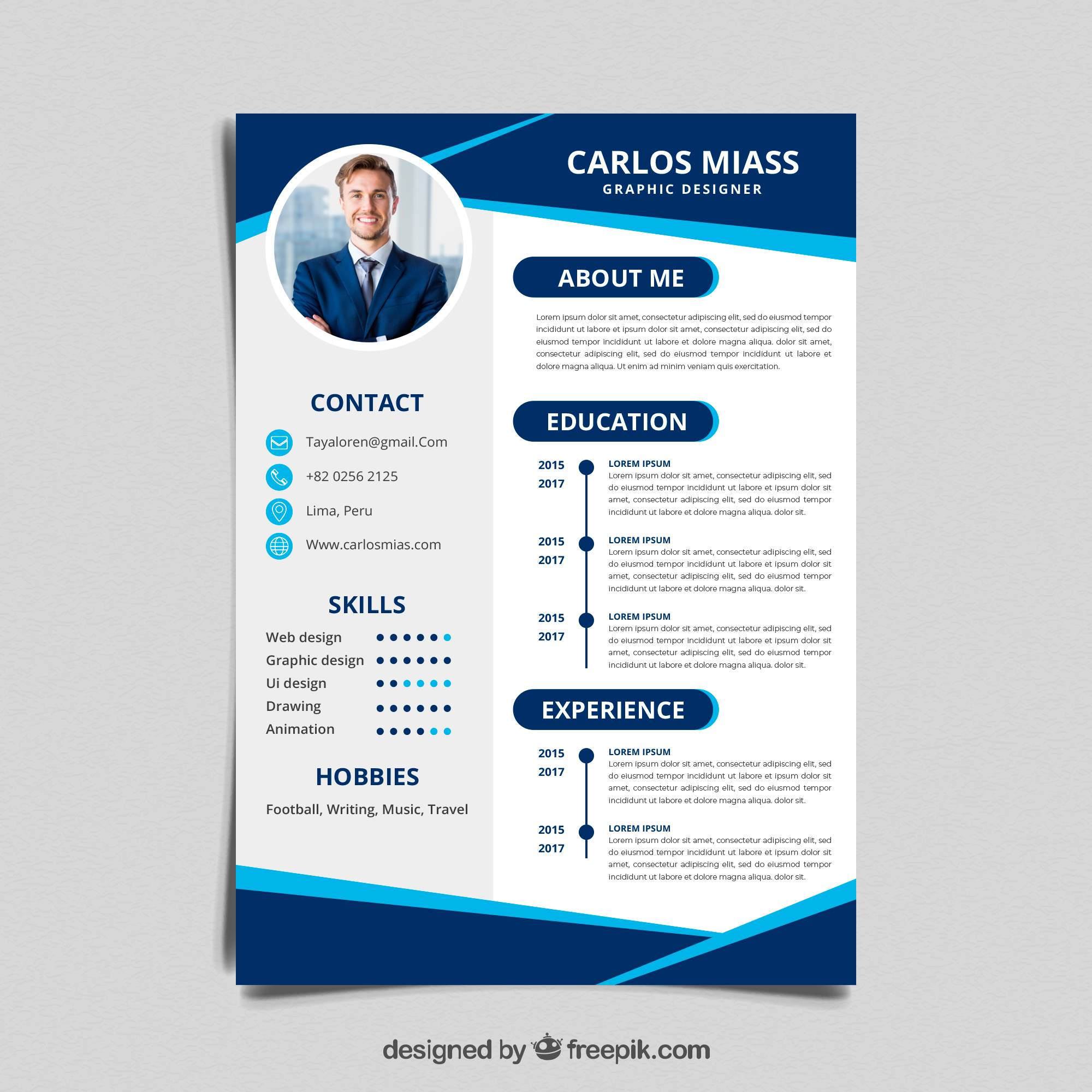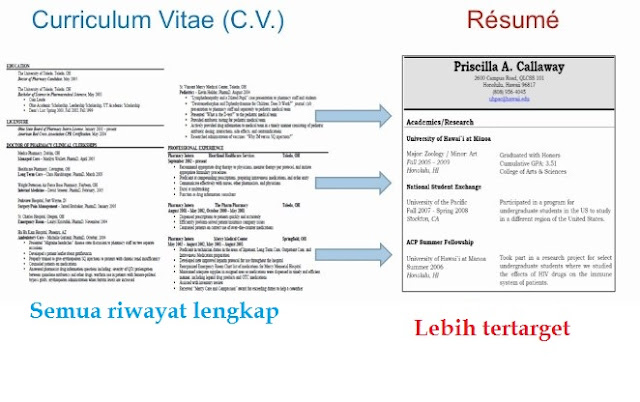Resume vs. CV: What's the Difference and Why Does It Matter?
Ever spent hours meticulously crafting the perfect resume, only to hear someone say, "Oh, you mean your CV?" It can leave you feeling like you just stumbled through a secret doorway in a job-hunting video game. What's the deal with these two seemingly similar yet mysteriously different documents? Are they the same thing? Do you need both? And why does it all feel like a secret code only HR professionals are privy to?
Let's cut through the confusion and decode the mystery of "beda resume sama cv" – that's Indonesian for "difference between resume and CV," in case you were wondering. Understanding the nuances of these two job-hunting essentials can be the difference between getting lost in the application pile and landing that interview. So, buckle up, grab your metaphorical magnifying glass, and let's investigate.
First things first, let's address the elephant in the room (or should we say, the typo on your job application?): a resume and a CV are not the same thing. They serve distinct purposes, are structured differently, and cater to different audiences.
Think of it this way: a resume is like a snappy movie trailer – short, engaging, and highlighting your most impressive skills and experiences to entice the viewer (in this case, the hiring manager). A CV, on the other hand, is like the director's cut – a comprehensive and detailed account of your professional journey, complete with awards, publications, and all the behind-the-scenes details.
Now, you might be thinking, "Okay, but when do I use which one?" Excellent question! The answer lies in understanding your target audience and the job you're applying for. Generally, in the United States, a resume is the go-to for most job applications. It's concise, typically limited to one or two pages, and focuses on your recent work experience and skills relevant to the specific job.
Resume vs. CV
| Feature | Resume | CV |
|---|---|---|
| Length | Typically 1-2 pages | Can be several pages long |
| Purpose | Concisely highlight skills and experience for a specific job | Provide a comprehensive overview of academic and professional history |
| Target Audience | Hiring managers in general industries | Academic institutions, research positions, some international companies |
A CV, or Curriculum Vitae, is more commonly used in academic settings, for research positions, and in certain international job applications. It provides a comprehensive overview of your academic and professional life, including your education, publications, presentations, awards, and research experience. Think of it as your professional autobiography.
Still not sure which one you need? Here's a simple rule of thumb: When in doubt, check the job description! Many job postings will explicitly state whether they require a resume or a CV. If it's unclear, don't hesitate to reach out to the hiring manager or recruiter to clarify.
In conclusion, understanding the "beda resume sama cv" is crucial for navigating the job market effectively. Knowing which document to use, and tailoring it to your target audience, can significantly increase your chances of getting noticed and landing that dream job. So, do your research, craft your documents carefully, and get ready to impress!
The allure of free anime streaming navigating the ad free landscape
Beyond functionality the enduring appeal of sci fi space suit women
Strengthening bonds the ultimate guide to mother daughter matching tattoos














